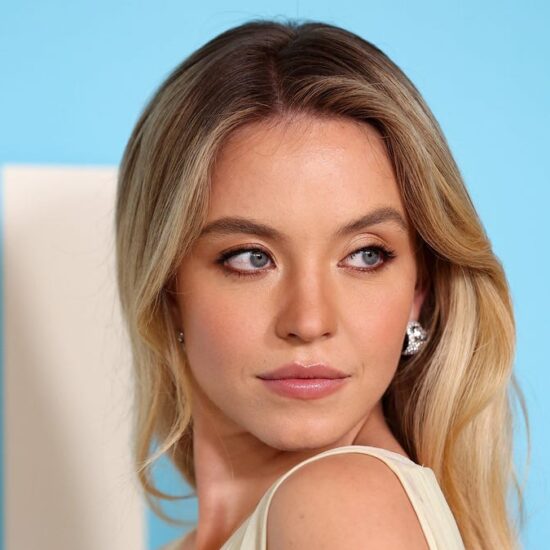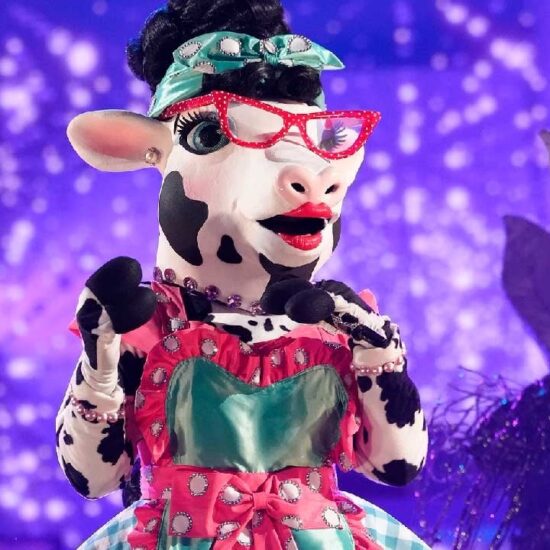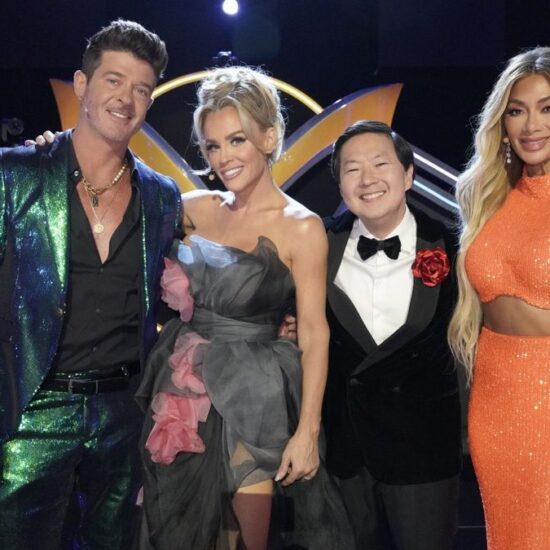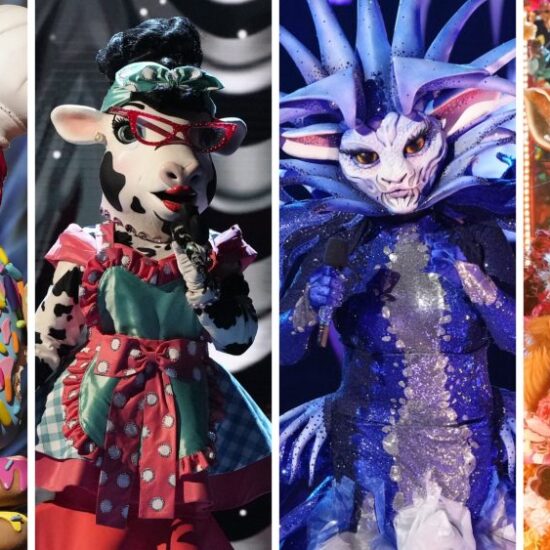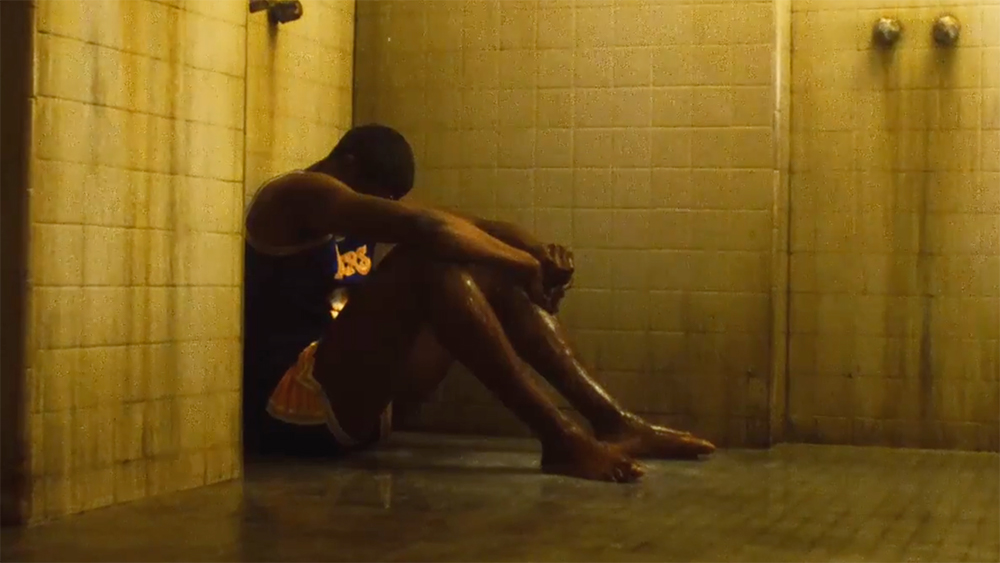
SPOILER ALERT: This article includes details about the Season 2 finale of “Winning Time: The Rise of the Lakers Dynasty,” now streaming on Max.
The show may have been called “Winning Time,” but it’s ending with a historic loss. HBO has confirmed to Variety that Sunday’s Season 2 finale is the last episode of the basketball series.
After a seven-game duel between the Lakers and the Celtics, Larry Bird (Sean Patrick Small) and his Boston ballers sink a dagger into their West Coast rivals, claiming victory as the NBA champions of 1984. It’s an ugly defeat for Los Angeles, who are immediately greeted with a stampede of Celtics fans rushing the floor before they can sulk off the court. Boston uncorks the Champagne while Magic Johnson (Quincy Isaiah) collapses in the locker room showers, his spirits cratering to a new low as Led Zeppelin’s “What Is and What Should Not Be” blares on the soundtrack.
“What Should Not Be,” as it turns out, is an exploration of Johnson and the Lakers’ numerous Finals victories after 1984. After that striking conclusion, “Winning Time” makes a time-jump of a few days to attempt to snatch victory from the jaws of defeat.
In a bizarre tonal pivot, the episode moves to an additional scene that was not in the finale Variety screened before the season began. Lakers owner Jerry Buss (John C. Reilly) and his daughter Jeanie (Hadley Robinson) are seen taking a seat center-court at the Forum. The pair crack open a bottle of whiskey as Dr. Buss assures his heir, “You know it’s going to be alright, kid. All of it. And you know how I know? Because we fucking own this.” The pair look to the heavens, laughing maniacally, before “Winning Time” brings on one last Gen X anthem (Pat Benatar’s “Shadows of the Night”) to launch into some closing title cards informing viewers about the futures of the show’s principal characters — those chyrons also weren’t there in the previous version of the Season 2 finale.
It’s an abrupt, awkward ending for the series, beyond the obvious anticlimax of concluding the story with what is arguably the most devastating loss in Lakers history. “Winning Time” had an ambitious, sometimes unwieldy scope, but its North Star has always been the professional relationship between Dr. Buss and Magic Johnson — a cautious mutual respect that the series renegotiates through uncomfortable frictions between race and class. The disparity between the two characters’ endings — Buss laughing up a storm on the throne of his empire, Johnson dead-eyed and assuming a near-fetal position on enemy ground — represents an inexplicable betrayal of the show’s alleged interests, sending viewers off to swish around a saccharine aftertaste.
John C. Reilly and Hadley Robinson in “Winning Time: The Rise of the Lakers Dynasty”
HBO
The fate of “Winning Time” had seemed tenuous even before the finale. A series with dazzling period detail, a sprawling ensemble, Los Angeles shooting permits and lots and lots of extras seemed an expensive production for an entertainment industry in existential crisis engaged in cost-cutting frenzy. Author Jeff Pearlman, whose 2014 book “Showtime: Magic, Kareem, Riley and the Los Angeles Lakers Dynasty of the 1980s” serves as the source material for “Winning Time,” had taken to social media during the season to implore his followers to support the series by tuning in.
“This saga is not complete and needs to continue,” Pearlman wrote in August. “For the actors, the crew, the storyline. Plus, no fucking way can a Lakers show end in 1984.”
Certainly “Winning Time” isn’t the first TV show to drop a premature conclusion on viewers. But with plenty more well-documented match-ups on the horizon, the ending makes for a uniquely curt send-off to viewers who know their basketball history. In a July interview with Variety alongside other executive producers, showrunner Max Borenstein was optimistic but measured about the series’ future.
“Every writer everywhere, but especially in Hollywood, writes in hope. Exactly how we ultimately wrap it up, that’s going to be up to the powers that be,” Borenstein said. “We know what that arc is and we would love to have an opportunity to tell it. But it’s all about leaving it on the floor each season.”
To the show’s credit, “Winning Time” did build to an impressive crescendo, slowing down with a finale that was structured as a blow-by-blow of the 1984 Finals. The season put on a show in its last stretch, kicking up momentum last week with a trickily choreographed sequence that depicted both the Lakers and Celtics’ playoff dominance in one fluid (digitally stitched together) long take — boosted by the soundtrack luxury of The Who’s “Won’t Get Fooled Again.”

Sean Patrick Small and Solomon Hughes in “Winning Time: The Rise of the Lakers Dynasty”
HBO
Dialing up the razzle-dazzle was a big emphasis for executive producer Salli Richardson-Whitfield, who directed the Season 2 premiere and its final two episodes. She affectionately recalled the ricocheting conversations between herself and director of photography Todd Banhazl as “baby-birding” ideas back and forth.
“Starting out at the beginning of the season, Todd and I really wanted to make the training facility a little grittier. We saved a lot of our big stuff for the finale so that the show had a place to grow. We had some new toys that we were very tempted to use in the beginning,” Richardson shared, highlighting how the pair mounted a camera on a remote-controlled car to dart through actors’ legs for some of the more kinetic shots. “Characters get an opportunity to evolve and you want to do the same thing visually.”
The reputation of “Winning Time” has also changed since its series premiere last year. Upon launch, the production was met with disapproval by some of the individuals depicted. In a Variety cover story, Magic Johnson stated that he had no interest in watching the series and expressed surprise that HBO did not seek his consultation. Jerry West’s lawyers demanded a legal retraction for what they deemed was “a deliberately false characterization” and a “baseless portrayal” of the former Lakers executive.
But the series has also drawn vocal support from the basketball world, most recently from Jeanie Buss. The standing owner and president of the Los Angeles Lakers even joined HBO’s official podcast for the series to offer her thoughts on how it dramatized her own life. In the conversation, she highlighted John C. Reilly’s “absolutely-breathtaking” performance as her father, sharing that she thought “he’d be really honored that he is playing him.”
“It’s been really nice to get enthusiastic responses from a number of the people that are portrayed in the show,” Borenstein shared. “We always approach it from a great deal of respect and research. I would find it weird for anyone to make a television show about my life. People are going to react how they react.”
Among those who offered praise for “Winning Time” was power forward Spencer Haywood, according to executive producer Kevin Messick. Portrayed by Wood Harris in the first season, Haywood’s arc on the series comes to an end after his cocaine addiction sparks a locker room vote that prompts his dismissal from the Lakers.
“Haywood — who was a member of the team, who struggled with drugs — interviewed a lot of our guys last season and basically said, ‘Hey, I was there. You guys got it more right than wrong,’” Messick said. “It was nice to hear that from somebody who was in the room at the time and is now watching moments that aren’t his best being dramatized.”
“I have a lot of friends who knows some of these guys who are like, ‘We love the show. But don’t tell anyone we’re watching,’” Richardson said with a laugh.
Looking at modern figures who reflect the themes of “Winning Time,” writer and executive producer Rodney Barnes cited players like Zion Williamson, the young franchise cornerstone for the New Orleans Pelicans whose alleged affair with adult film star Moriah Mills dominated headlines this summer, and Kyrie Irving, who has fostered a reputation for controversy through various suspensions and trade requests. Barnes looks at both players with dramatic intrigue, arguing that the culture’s fascination with them is part of a tradition that began in the era of “Winning Time,” which saw increased press attention and more vocal athletes.

Quincy Isaiah in “Winning Time: The Rise of the Lakers Dynasty”
HBO
“With social media being what it is now, you get to know these guys’ every move, every step and every decision. They become characters in a play and you feel like you know them. That started in this era with Magic and Bird,” Barnes explained. “It’s not just the Lakers and the Celtics; it’s also the history of modern basketball.”
“The first season is such an iconic sports story. It’s a Cinderella year — Magic’s first year, Buss’ first year. In a movie, you end it there and that’s the Lakers. But for us, it’s always been about the question of how they become these figures who transformed the game,” Borenstein said. “This season had to have an ‘Empire Strikes Back’ shape.”
Alas, there will be no “Return of the Jedi” for “Winning Time.” Han Solo is frozen in carbonite, Darth Vader is Luke Skywalker’s father and the Rebel Alliance forces are scattered across the cosmos. At least the HBO series took place here on Earth instead of a galaxy far, far away — the answers to any cliffhangers are already written.









